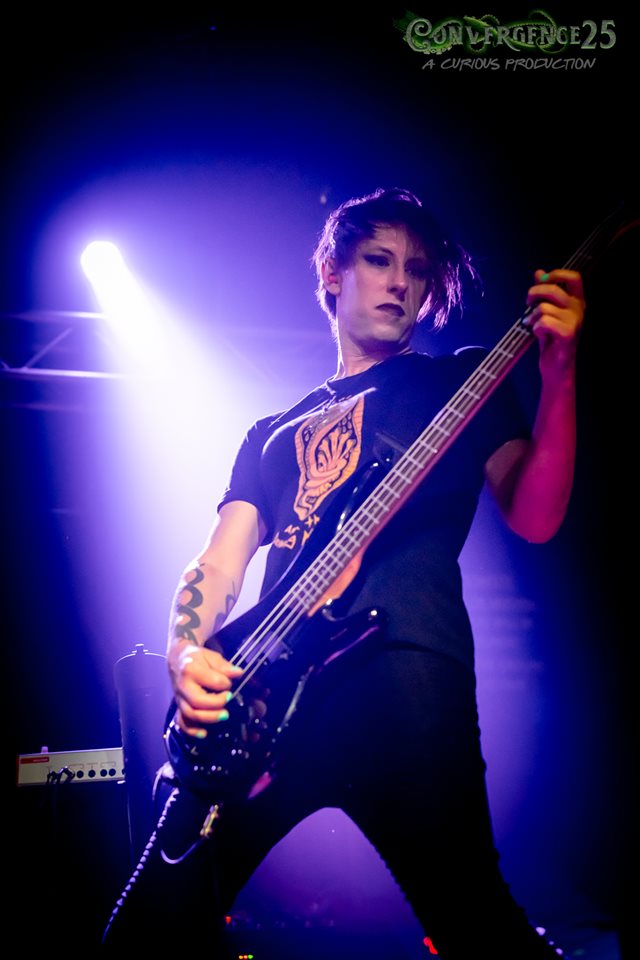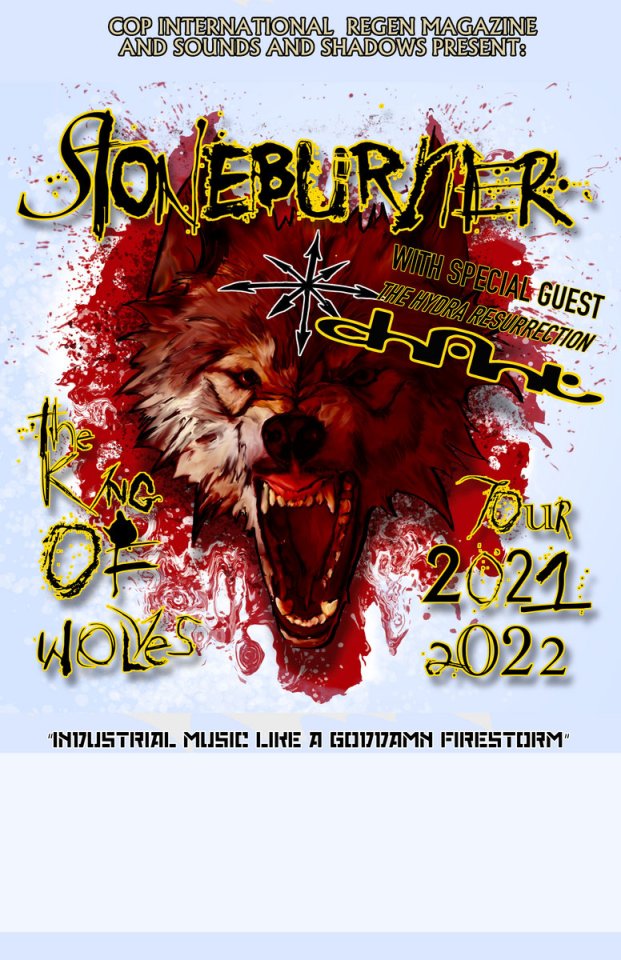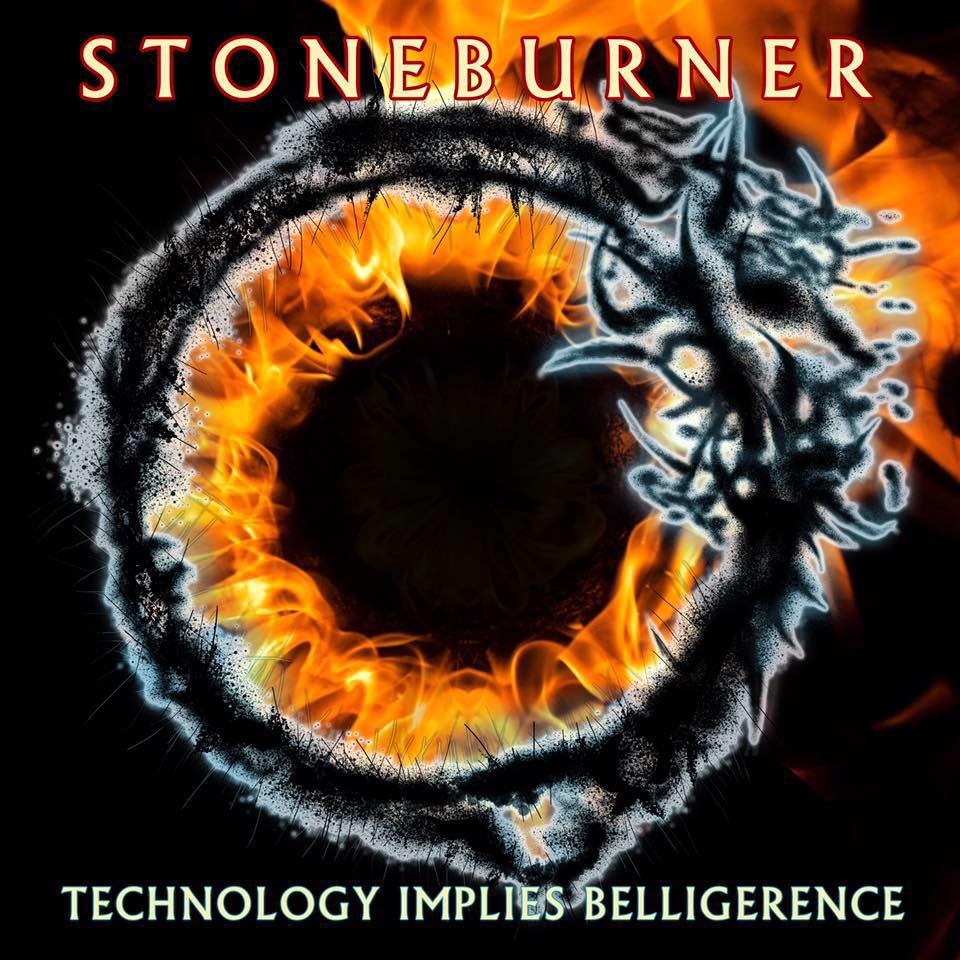## MGK’s Back With a Bang (and a Blade!): The Rockstar’s Vegas Return is a Literal Showstopper Forget pyrotechnics and confetti cannons, Machine Gun Kelly just brought a razor-sharp twist to his Las Vegas concert comeback. In a move that’s equal parts shocking and undeniably cool, the “Tickets to My Downfall” rocker unleashed a guitar with a terrifyingly sharp edge, leaving fans and critics alike buzzing. We’re diving deep into the chaos, exploring what inspired this edgy new stage prop, and analyzing if it’s a genius move or just plain dangerous. Buckle up, because this is one performance you won’t soon forget.
MGK’s Evolving Sound and Persona
The Punk Rock Roots

Machine Gun Kelly’s musical journey has been a fascinating evolution, marked by a continual push towards more aggressive and experimental sounds. His early days were deeply rooted in rap-rock, a fusion of hip-hop’s lyrical prowess and rock’s energetic delivery. This early sound, evident in his breakout mixtape “Lace Up” and subsequent albums, showcased Kelly’s raw talent and knack for crafting catchy hooks.

Genre-Bending & Reinvention
However, Kelly has never been content to remain stagnant. His willingness to experiment and defy genre expectations is a defining characteristic. The recent razor-blade guitar performance serves as a potent symbol of this artistic evolution. It’s a bold statement that signals a departure from his more commercially accessible rap-rock beginnings, embracing a rawer, punk-influenced aesthetic.

The Appeal to a New Generation
This sonic shift resonates deeply with a new generation of listeners, particularly those who crave authenticity and rebellious expression. Kelly’s willingness to push boundaries and challenge norms aligns with their desire for something beyond the mainstream. His music has become a soundtrack for a generation disillusioned with societal expectations, seeking solace and empowerment in his raw honesty and unapologetic attitude.
The Power of Visuals in Music
From Elvis to Bowie: Challenging Norms
Throughout music history, artists have utilized visual cues to challenge societal norms and create iconic personas. Elvis Presley’s hip movements, a radical departure from the conservative norms of the 1950s, ignited a cultural revolution. David Bowie’s Ziggy Stardust persona, a flamboyant and androgynous alien rockstar, redefined masculinity and pushed the boundaries of self-expression.
The Role of the Fan: Decoding the Imagery
Fans play a crucial role in interpreting and engaging with these symbolic images. They become active participants in the narrative, decoding the messages embedded in the music and the visuals. This engagement contributes to the overall experience, creating a deeper connection between the artist and their audience.
Striking a Balance: Provocative vs. Offensive
However, the line between provocative imagery and crossing into offensive territory can be a delicate one. What might be seen as groundbreaking and empowering by some can be viewed as exploitative or offensive by others. It’s a constant challenge for artists to navigate this complex landscape, ensuring their artistic expression remains relevant and impactful without alienating their audience.
Conclusion
Machine Gun Kelly’s electrifying return to the Las Vegas stage with his razor-blade guitar has undoubtedly sent shockwaves through the music world. The Review-Journal’s article highlights not only the spectacle of the performance but also the deeper implications of such a bold artistic statement. It’s a clear demonstration of Kelly’s commitment to pushing boundaries, challenging norms, and creating an immersive, visceral experience for his fans. This isn’t just about a gimmick – it’s about using the unexpected to ignite passion and provoke conversation.
Kelly’s willingness to embrace the unconventional in his music and stage presence raises crucial questions about the evolution of performance art. In an increasingly digital world, where virtual experiences are becoming increasingly sophisticated, how can artists create truly impactful, in-the-flesh moments that resonate on a primal level? The answer, perhaps, lies in embracing the raw, the visceral, and the unfiltered, as Kelly so boldly demonstrates. Whether you applaud his audacity or find it unsettling, there’s no denying that Machine Gun Kelly is forcing us to re-examine the very definition of a “rockstar” in the 21st century.
His razor-blade guitar isn’t just a symbol of rebellion; it’s a mirror reflecting the raw, unbridled energy and the constant push for innovation that defines the spirit of music itself.